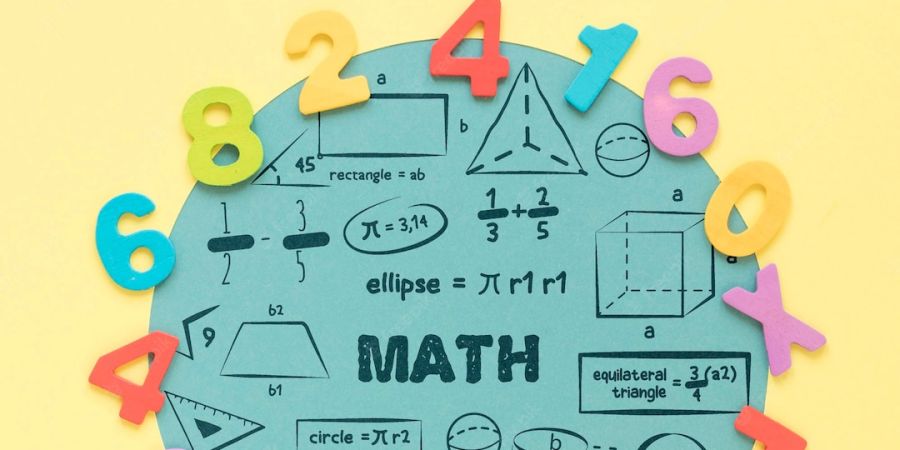

methods of instruction
Improvise: It's important to have a firm grasp of the fundamental ideas.
Making the mathematical lecture into a game can help to maintain interest and grow it with each subsequent class.
Make maths a part of daily life: Do you remember how you used to read stories to your children to get them to sleep or eat their meals?
1
Make maths fun.[1] Create a game out of maths to make it more entertaining. Install a math-based game or puzzle-solving software on your computer or tablet to advance through the game's stages and solve problems. You can also have fun while practising your arithmetic abilities by playing classic board games like Monopoly or Yahtzee.[2]
Card and dice games are also fantastic ways to improve and assess your mathematical abilities.
2 Master math shortcuts. There are many mathematic methods that are entertaining to learn because they can help you do tasks quickly. They are frequently also fascinating. For instance, it takes a lot of work to add up all the numbers from 1 to 100. Check out this incredibly simple method, though: Similarly, 99 + 2 = 101 and 100 + 1 = 101. Furthermore, so do 98 + 3, 97 + 4, 96 + 5, etc. Instead, if you multiply 101 by the total number of these pairings, you will arrive at the number 5050, which is the sum of all the numbers from 1 to 100. While you could have added 1+2+3, you avoided doing extra effort by doing this instead. Fun, that.
learn some shortcuts to maths that will use of him.Enrol in a maths club. People who are enthusiastic about maths will be present at maths clubs. Being around people who enjoy maths will encourage you to learn about the various applications of maths in daily life and to develop an interest in the subject. Join an organisation at school, online, or in your neighbourhood.
Pic titled Step 4: Have a Math Interest
simplify math. Because maths can be challenging to learn, many people lose interest in it. Because kids are taught to learn math via memorization of formulas in today's classrooms, learning math can be challenging. The underlying principles and concepts required to comprehend why aren't taught to kids who learn maths in this manner, though.9. Physical participation
Different types of learners can benefit from methods that get students up and moving, out of their chairs, or just participating in hands-on learning activities. Try these in your classroom:
Writing and performing skits about mathematical ideas
a search for geometrical patterns or shapes
During long periods in class, students can benefit from brain breaks to keep focused.
Flash cards, dice, manipulatives or 'Around the World' interactive games with pertinent math problems
Flipped classes and think-pair-share exercises can also help students gain practical experience and discuss novel concepts with peers in real time.


